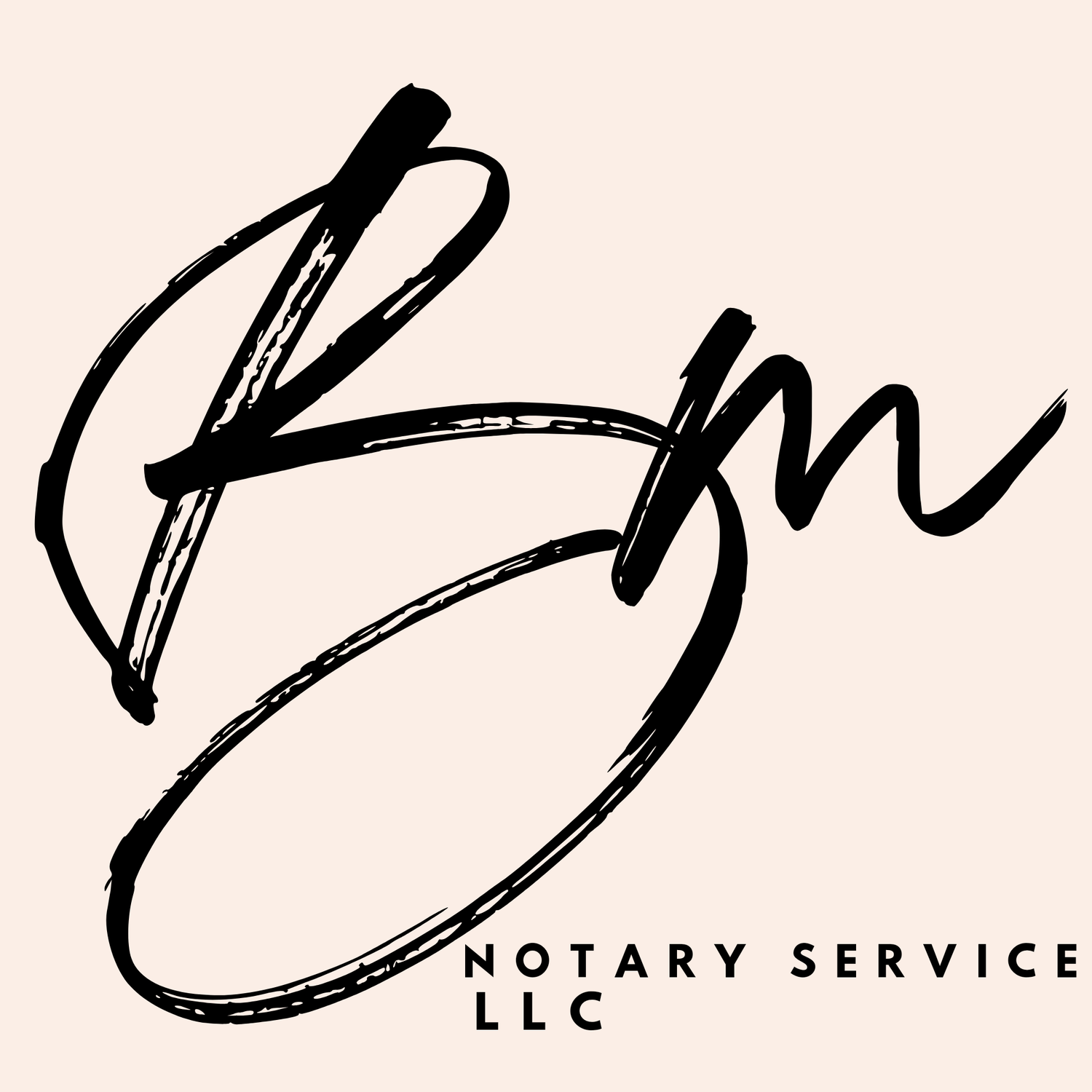DIRCO Regulations Demystified: A Overview to Diplomatic Procedure
DIRCO Regulations Demystified: A Overview to Diplomatic Procedure
Blog Article
Important Guide to Notarial Job: Everything You Need to Know About Notary Provider
In the realm of lawful paperwork and authentication, notarial work stands as an important column of honesty and trust. Whether you are a skilled notary public or taking into consideration entering this esteemed profession, recognizing the details of notarial duties and the nuances of notarized documents is vital. The globe of notary solutions is a remarkable tapestry of legal needs, moral standards, and careful treatments that form the foundation of several purchases. As we start deciphering the crucial overview to notarial work, let's discover the vital facets that define this important aspect of the lawful landscape.
Understanding Notarial Responsibilities
Notaries play an essential duty in confirming the authenticity of lawful documents. As objective witnesses, notaries certify the signing of essential papers to stop fraudulence and make certain the credibility of the records entailed. Recognizing notarial responsibilities is necessary for both the notary public and the individuals engaging their services.
Notarial duties encompass a variety of tasks that differ relying on the jurisdiction. Notaries must verify the identities of the notaries, confirm that they are authorizing willingly and intentionally, and make sure that they understand the contents of the record. In addition, notaries are accountable for examining the validity of the document and confirming that it satisfies all the necessary needs for it to be thought about valid.
Types of Notarized Papers
Various legal papers require registration to validate their authenticity and make sure compliance with pertinent legislations and laws. One common kind of notarized document is a power of attorney, which grants a person the legal authority to act on behalf of an additional person in particular issues.
Legal affidavits, which are promised statements made under vow, are frequently notarized to add reputation and truthfulness to the statement. Lending papers, including promissory notes and car loan contracts, are additionally frequently notarized to make sure the terms of the car loan are plainly comprehended and set by all events. Adoption papers, marital relationship certificates, and divorce mandates are examples of essential records that often require registration to certify their credibility and legal validity.
Registration Process Step-by-Step
When involving in the registration procedure, individuals need to abide by particular actions to guarantee the record's credibility and legal compliance. The initial step is to provide the paper to the notary public and provide identification to validate identification. Apostille. The notary will certainly after that confirm that the individual signing the paper recognizes its components and is doing so willingly. Next, the notary will certainly administer an oath or affirmation, relying on the sort of paper being notarized. Following this, the notary will complete the notarial certificate, that includes the date, the notary's trademark, seal, and any various other needed information. The notary will then mark or seal the file to wrap up the notarization process. It is essential for individuals to follow each action carefully to guarantee the file's credibility and to stop any legal problems in the future. By adhering to these actions, individuals can assure the file's authenticity and conformity with lawful needs.
Relevance of Notarial Certificates
One essential facet of the notarization procedure that makes certain the document's legal validity and credibility is the addition of a notarial certification. A notarial certificate is an important element of notarized records as it works as an official statement Apostille by the notary public validating that the specific authorizing the paper did so willingly and voluntarily. This certificate generally consists of vital details such as the date of notarization, the name of the signer, the kind of identification given, and the notary's seal and signature.
By affixing a notarial certificate to a paper, the notary public is certifying that the required treatments were followed, and the endorser's identification was confirmed. Without a properly executed notarial certification, the legitimacy of a file may be called right into concern, possibly leading to lawful disputes and difficulties concerning its authenticity.
Tips for Notary Public Success
Attaining success as a notary public calls for a combination of competence, professionalism and trust, and interest to information. To master this role, it is vital to stay updated on notary legislations and policies. Continuously educating on your own on the current changes in the field will certainly guarantee you are giving exact and trusted solutions to your customers.
Maintaining a high level of professionalism and trust is essential to developing trust with customers. Clothing appropriately, preserving a considerate attitude, and appreciating customer discretion are all essential aspects of professionalism and trust in the notary public occupation.

In addition, excellent interaction abilities are important for a successful notary public. Clearly clarifying the registration process to customers, answering any type of questions they may have, and supplying clear guidelines can aid build a positive reputation and attract repeat organization. By concentrating on proficiency, expertise, attention to information, and communication, notaries can improve their success in the area.

Final Thought

Whether you are a seasoned notary public or thinking about entering this well-regarded career, recognizing the complexities of notarial responsibilities and the nuances of notarized papers is paramount. Following this, the notary will certainly complete the notarial certificate, which consists of the date, the notary's trademark, seal, and any kind of other needed details. A notarial certificate is a vital part of notarized records as it serves as a main declaration by the notary public verifying that the individual authorizing the document did so voluntarily and voluntarily. By attaching a notarial certificate to a paper, the notary public is accrediting that the needed procedures were complied with, and the signer's identification was confirmed. By complying with the appropriate treatments and making use of notarial certifications successfully, notaries can provide valuable solutions to people and services in demand of document confirmation and verification.
Report this page